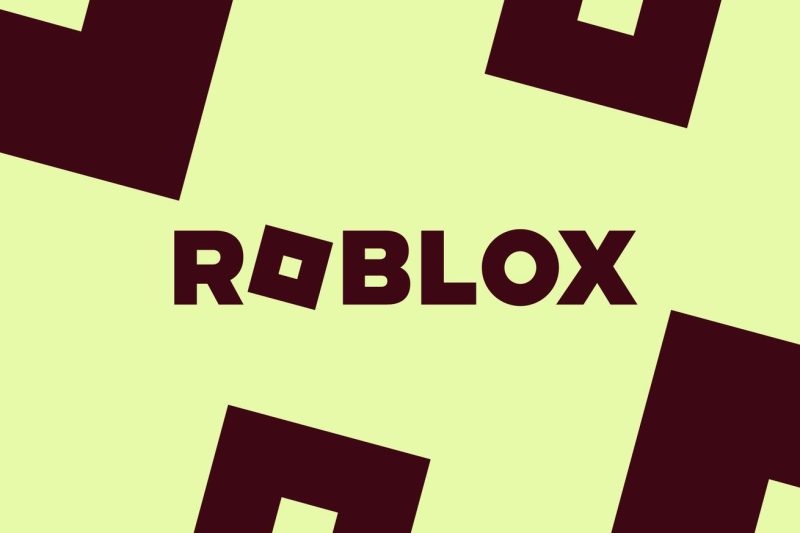In the digital age, online gaming platforms have become an increasingly popular form of entertainment, offering users a virtual space to interact, create, and play with friends and strangers alike. However, the freedom and accessibility of these platforms can sometimes attract the attention of governments seeking to regulate or restrict certain content. Recently, Turkey made headlines by blocking access to the popular online gaming platform Roblox, sparking debates about internet censorship and freedom of expression.
The decision to block Roblox in Turkey comes amid concerns about the platform’s content, particularly its user-generated games and interactions. While Roblox itself is a family-friendly platform that allows users to design their own games and play games created by others, there have been instances of inappropriate content slipping through the cracks. This has raised red flags for Turkish authorities who are keen on protecting the younger population from exposure to potentially harmful or violent content.
The move to block Roblox in Turkey is not an isolated incident, as other countries have also taken similar actions against online platforms deemed to be unsuitable or potentially harmful to their citizens. While the intentions behind such actions may be rooted in protecting public morals and ensuring the safety of users, critics argue that such blanket bans limit access to a valuable form of entertainment and creative expression.
One of the key concerns raised by the blocking of Roblox in Turkey is the potential impact on the country’s gaming community and industry. Roblox boasts a large and active user base in Turkey, comprising both players and developers who create content for the platform. By cutting off access to Roblox, Turkish users are effectively being denied the opportunity to engage with a global community, share their creations, and participate in virtual experiences that transcend cultural boundaries.
Furthermore, the blocking of Roblox raises questions about the broader issue of internet freedom and censorship. While governments have a responsibility to protect their citizens from harmful content, the outright blocking of entire platforms may be seen as a heavy-handed approach that infringes on the rights of individuals to access information and express themselves freely online. The challenge lies in finding a balance between regulatory oversight and preserving the open nature of the internet.
In response to the block, Roblox has stated its commitment to working with Turkish authorities to address concerns and ensure that the platform remains a safe and enjoyable space for users. This collaborative approach is crucial in navigating the complex landscape of online content regulation, as it allows for constructive dialogue and mutual understanding between platform operators and government officials.
As the debate over the blocking of Roblox in Turkey continues to unfold, it serves as a reminder of the delicate balance between safeguarding public interests and upholding the values of a free and open internet. Finding common ground will require deliberate efforts from all stakeholders involved, including government regulators, online platforms, and users themselves. Only through transparent communication and cooperation can we ensure a digital landscape that is both safe and inclusive for all.
